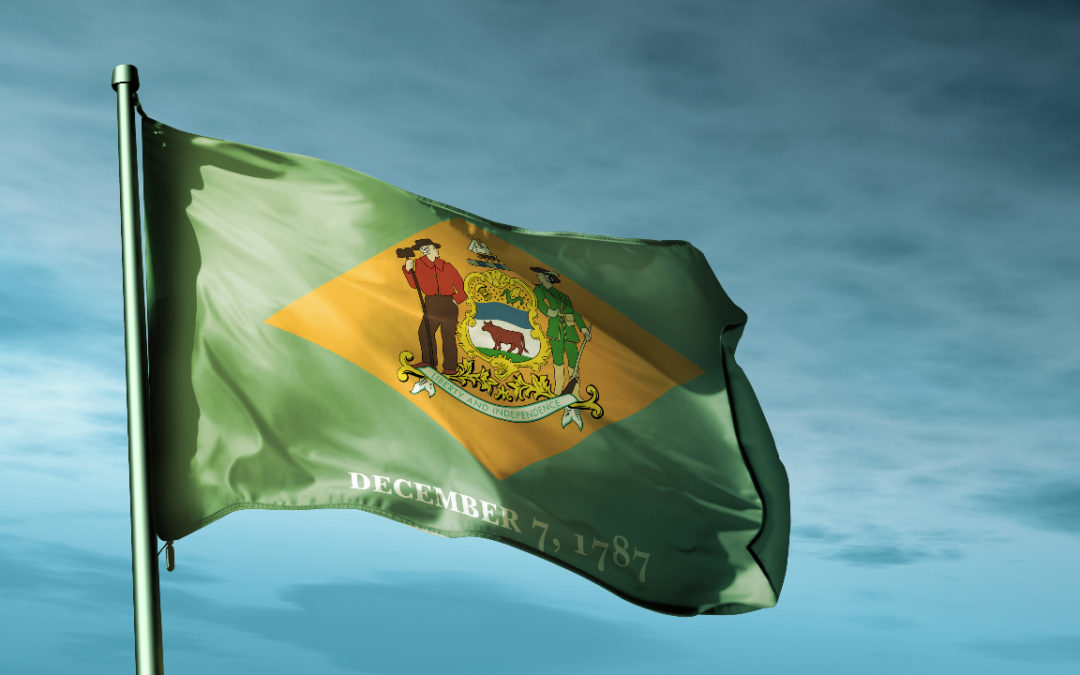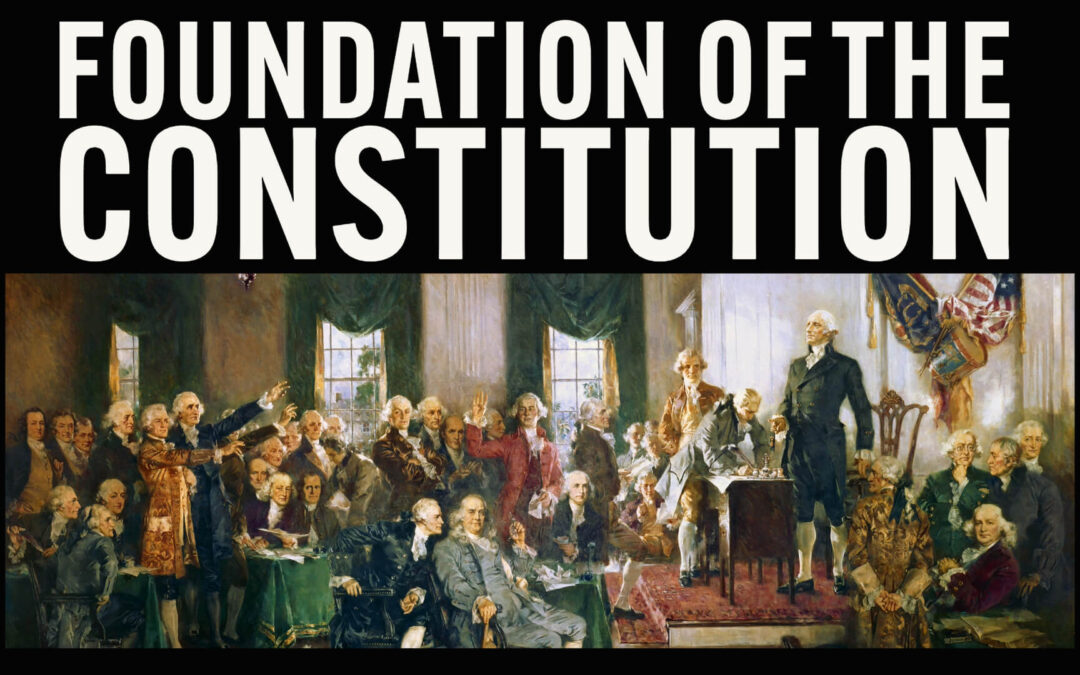

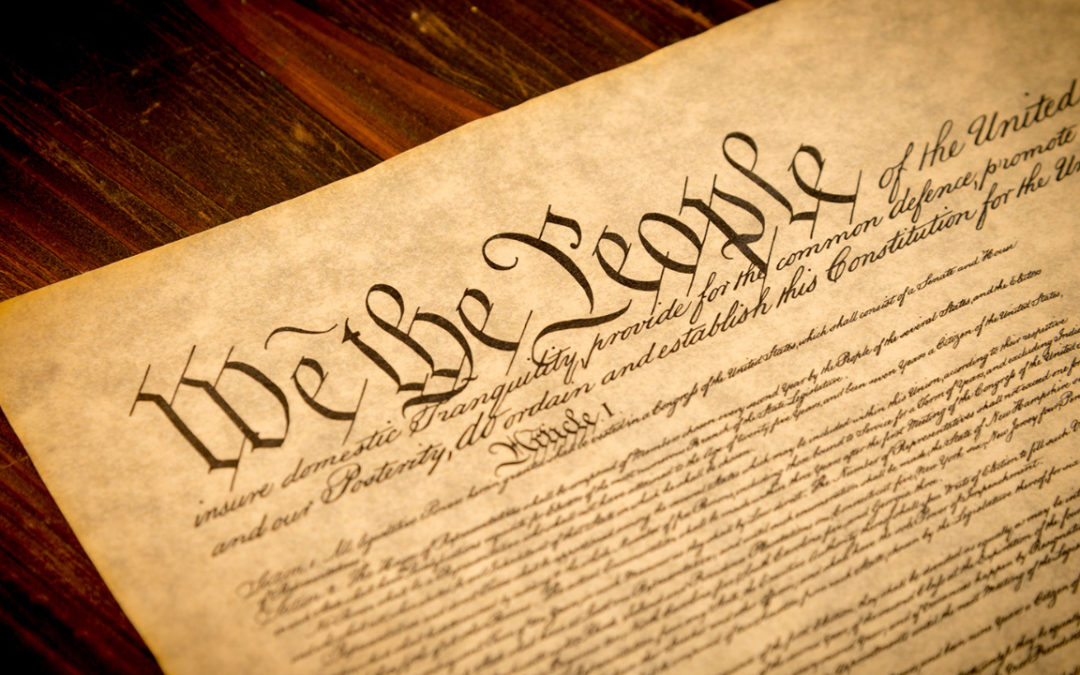
Today in History: North Carolina Becomes 12th State to Ratify the Constitution
Today in 1789, North Carolina ratified the Constitution, becoming the 12th state to do so. Prior to this, the state had held a first convention in Hillsborough that decided not to ratify, but left open the possibility of doing so in the future. Prior to North...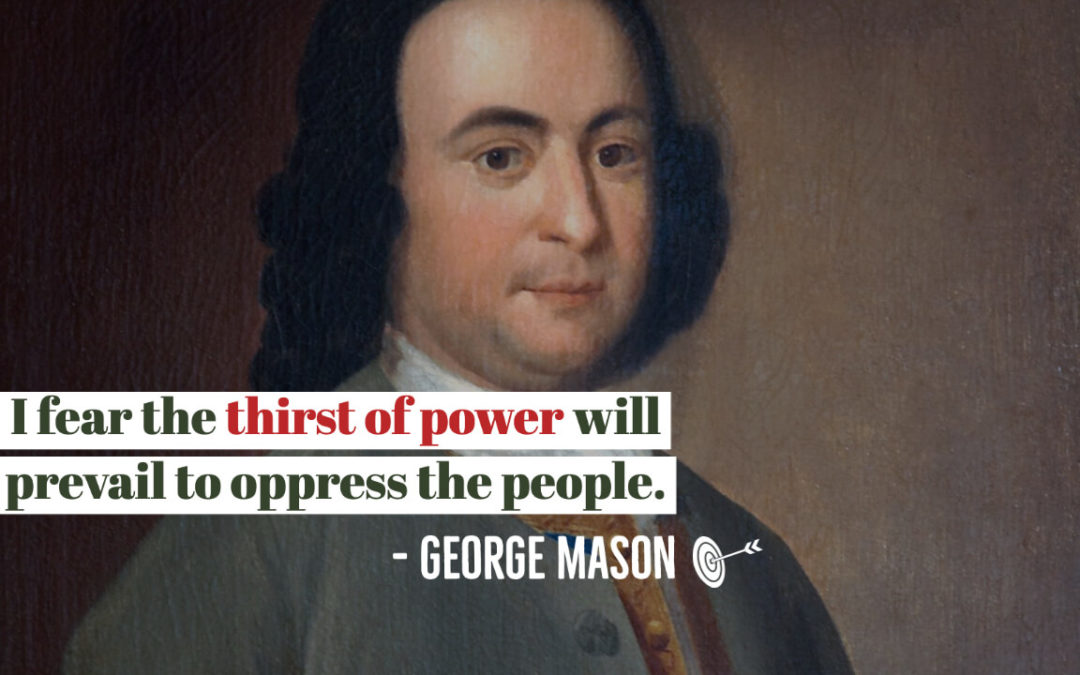
George Mason’s Warnings on Power and Consolidation
Many anti-federalists warned us about the dangers of centralized power. And George Mason was one of the most prominent, warning that a consolidated government “is totally subversive of every principle which has hitherto governed us,” and that it “is one of the worst...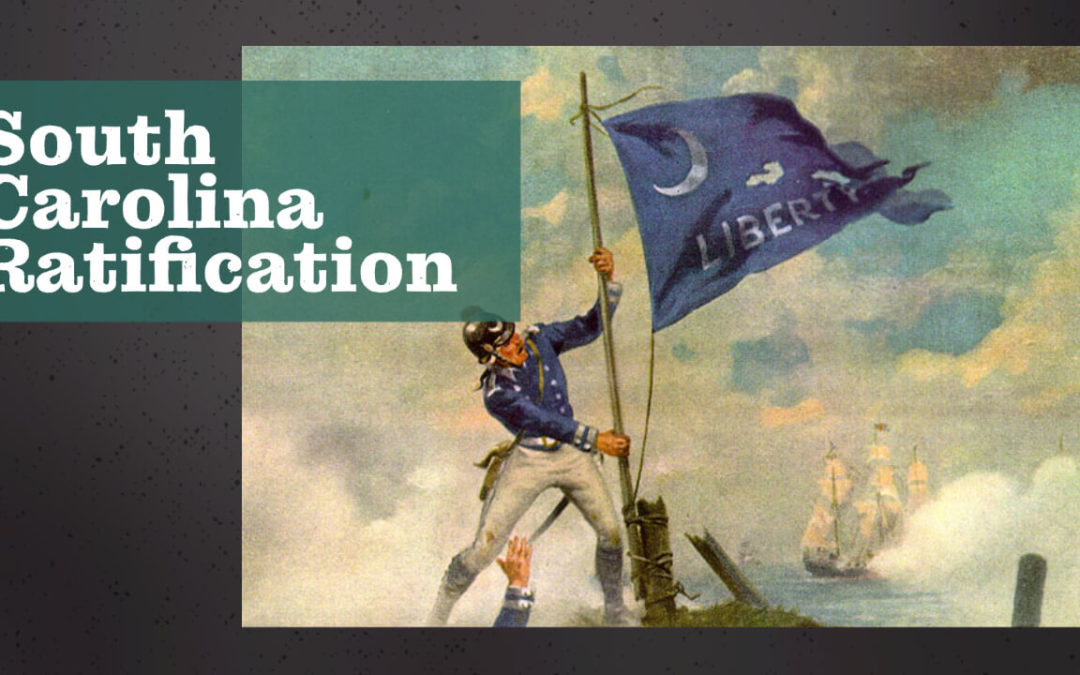
A Federalist Blowout: South Carolina Ratifies the Constitution
May 23, 1788 – South Carolina became the 8th state to ratify the Constitution, easily doing so after just a few short days of debate. But was the federalist victory representative of the people, or were the antifederalists just outmaneuvered? Path to Liberty:...